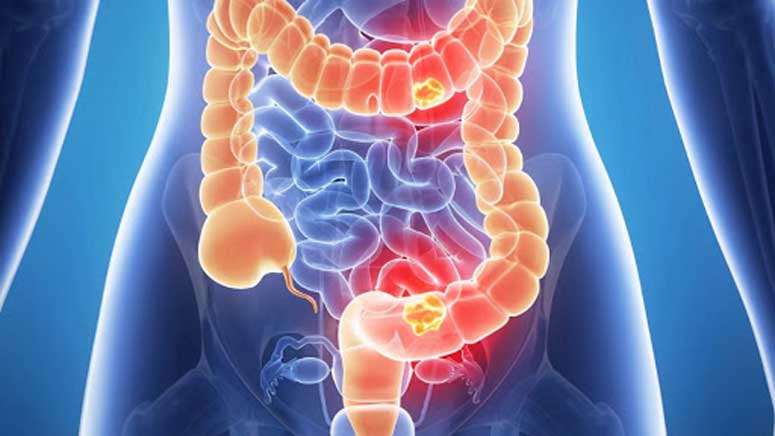Overview

C. diff. Colitis which is short for Clostridium difficile colitis, also known as pseudomembranous colitis is an inflammation of the colon caused by the bacteria [1] of the same name. Clostridium difficile colitis develops when there’s a disruption of normal, healthy bacteria in the colon, often as a result of antibiotics. Antibiotics are used to kill bacterial infections, but during the time of use, it lowers your body’s immunity to get new infections.
This infection is contagious [2] and can be transmitted from person to person by spores. The spores are passed in the infected person’s stools and transferred to foods and objects. A weak immune system that comes in contact with the spores is likely to get infected. C. diff symptoms range from mild to severe. It can cause significant damage to the colon that can become life-threatening.
C. diff cannot be self-diagnosed, so it requires a medical diagnosis. Laboratory tests or imaging will be conducted and the right treatment will be prescribed by the health expert. Spreads by contact with a contaminated object or surface. Symptoms of this condition are usually short-term, and it resolves within a few days or weeks.
Common symptoms include diarrhea, abdominal pain, nausea, and fever.
Persons living with an infected person at significant risk of getting infected because the spores [3] causing CDI can live up to weeks or months in a place. A simple act like touching a contaminated surface or object will transfer it to your hands and can lead to ingesting the bacteria.
Although all ages can develop C. diff colitis, persons aged [4] 65 and above at a higher risk of developing severe and life-threatening symptoms. Reports have shown that patients in this age range make up a higher percentage of those who had to be hospitalized when the infection reoccurs. A patient is highly infectious when experiencing severe diarrhea, but once it settles for over a forty-eight-hour period, the person will no longer be considered infectious.
Here are nine common signs [5] that you have been infected with the bacteria:













